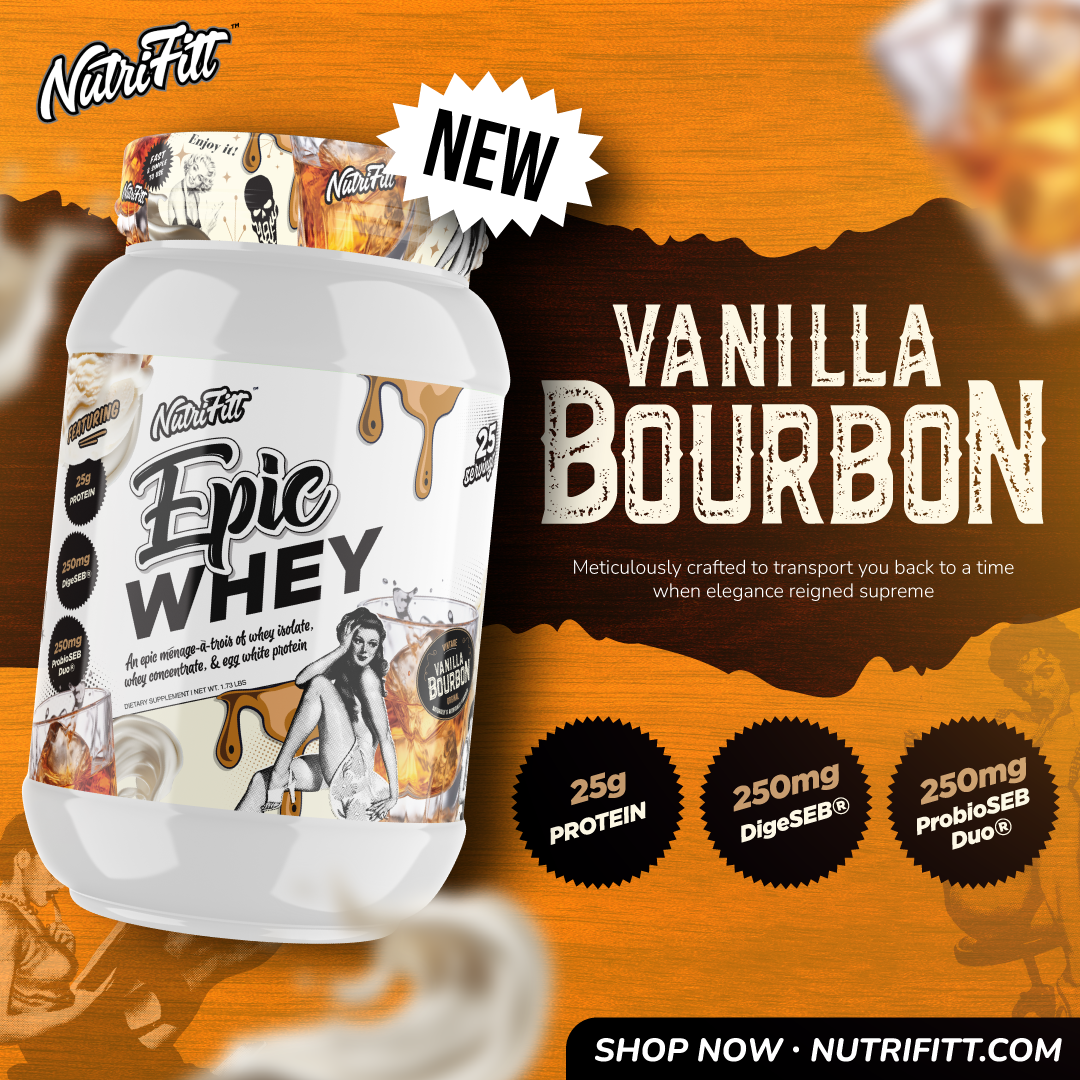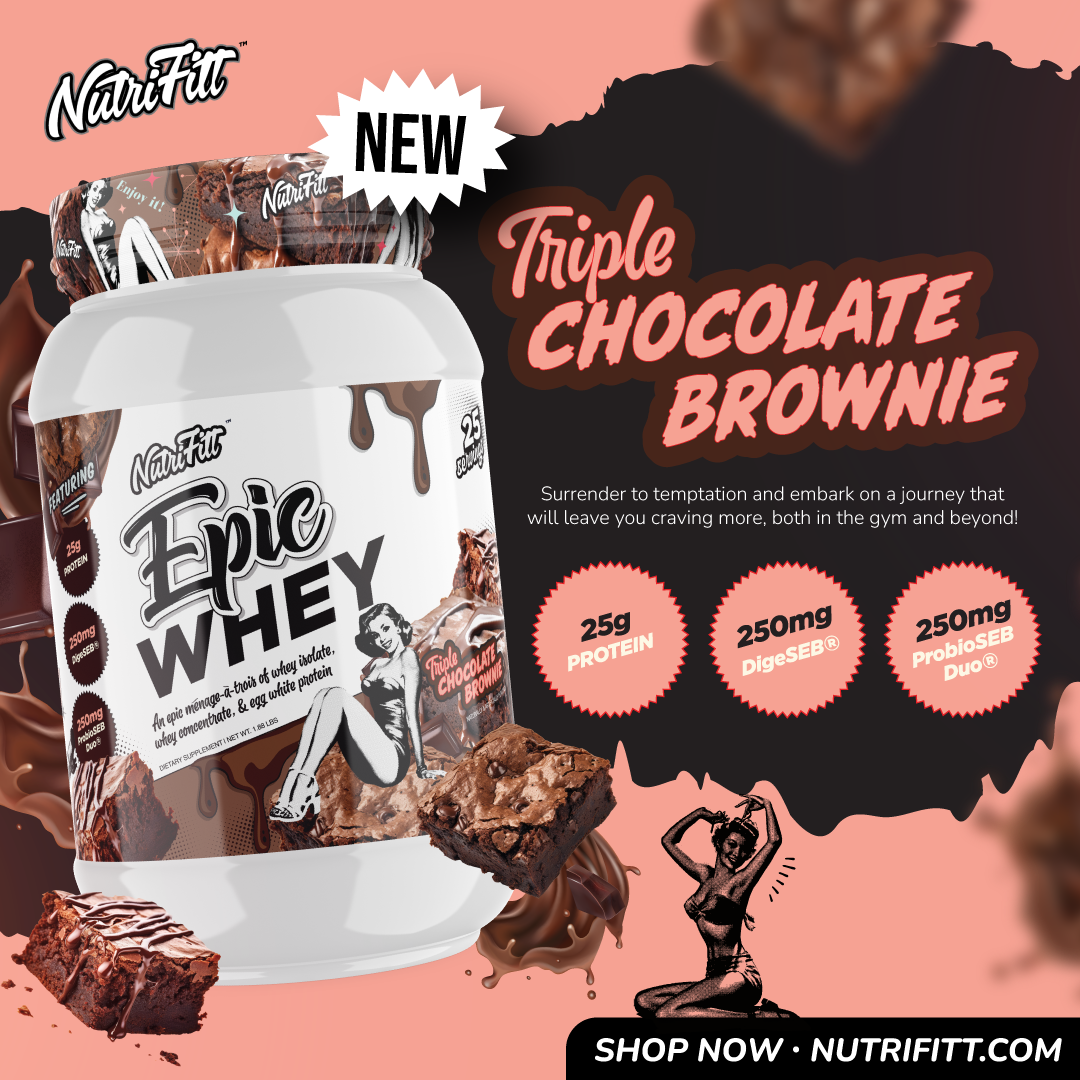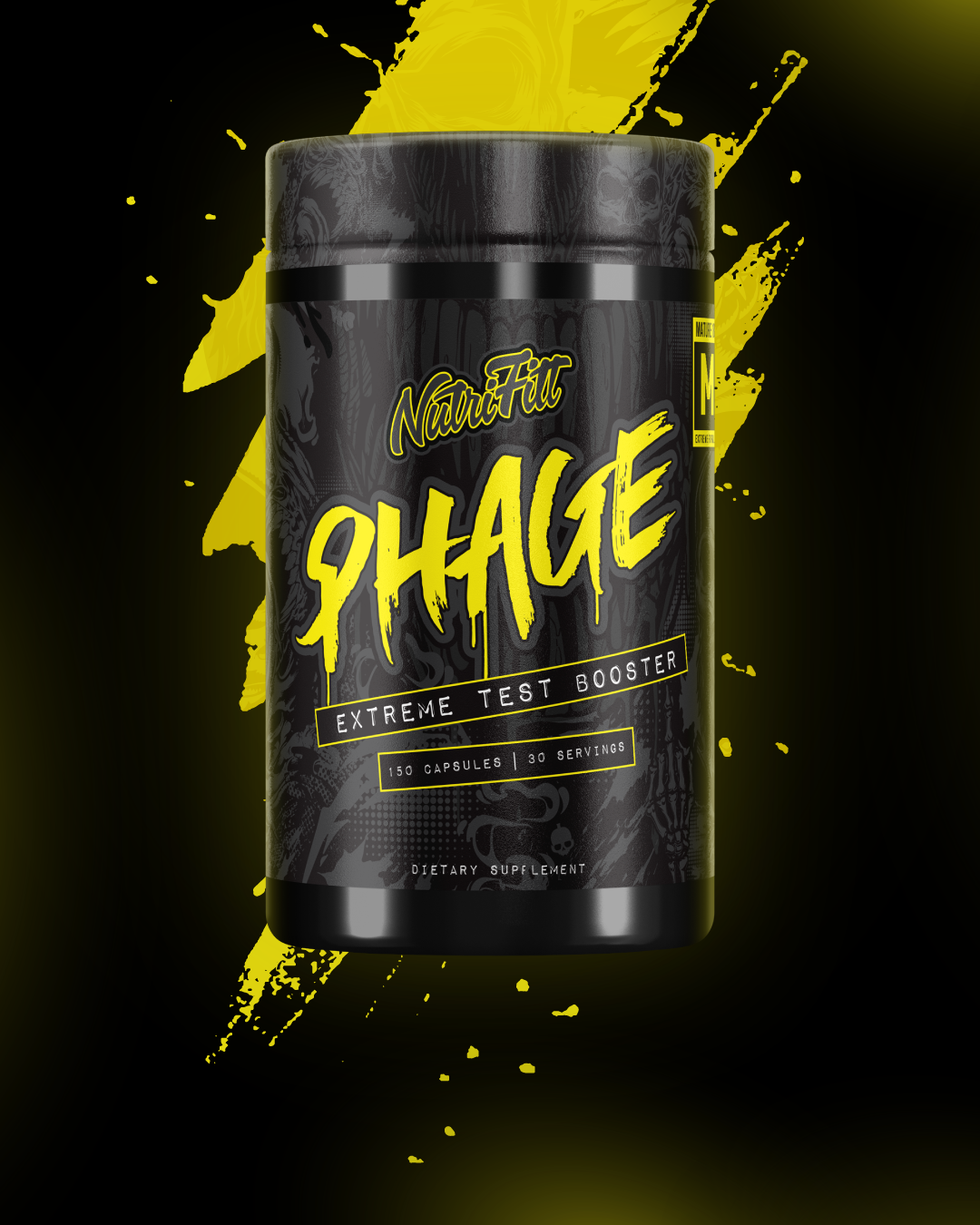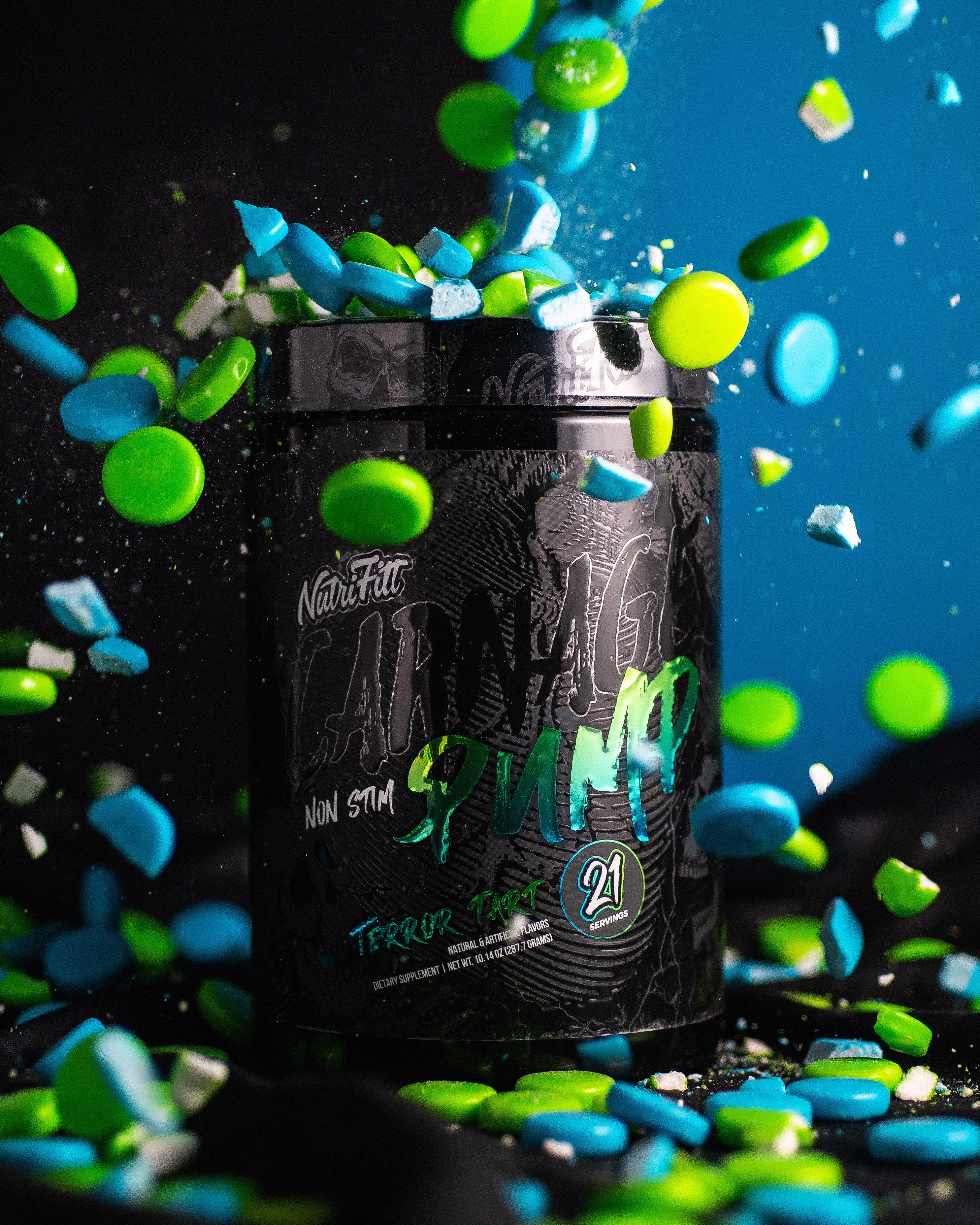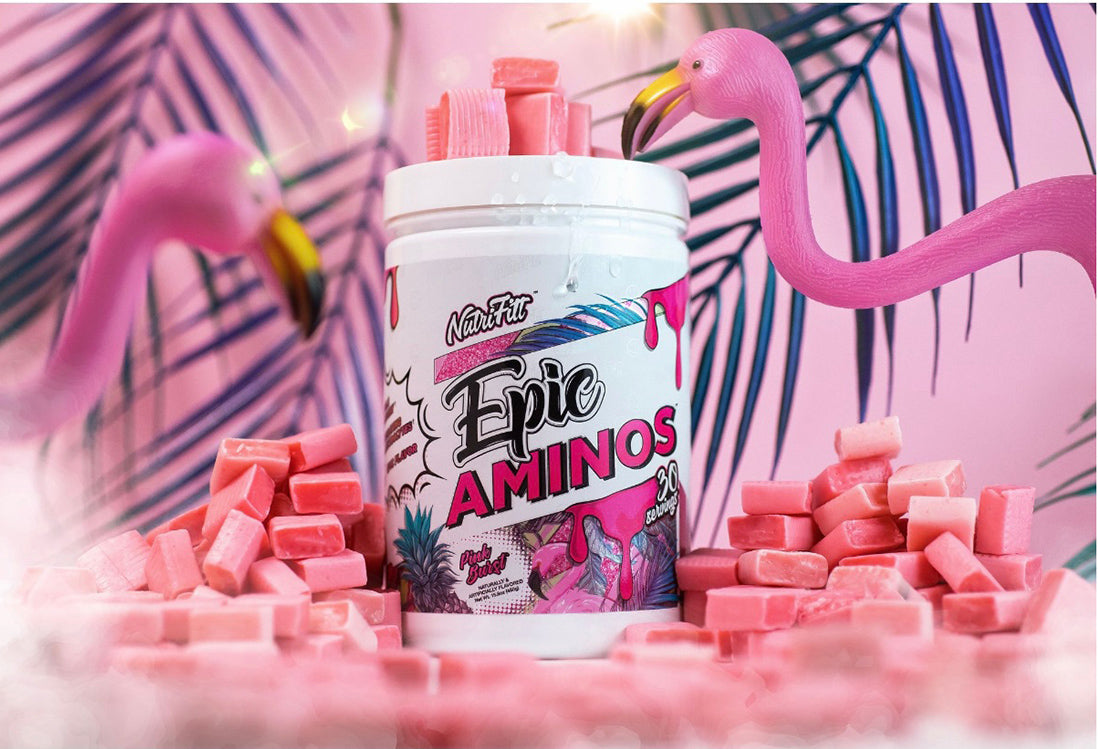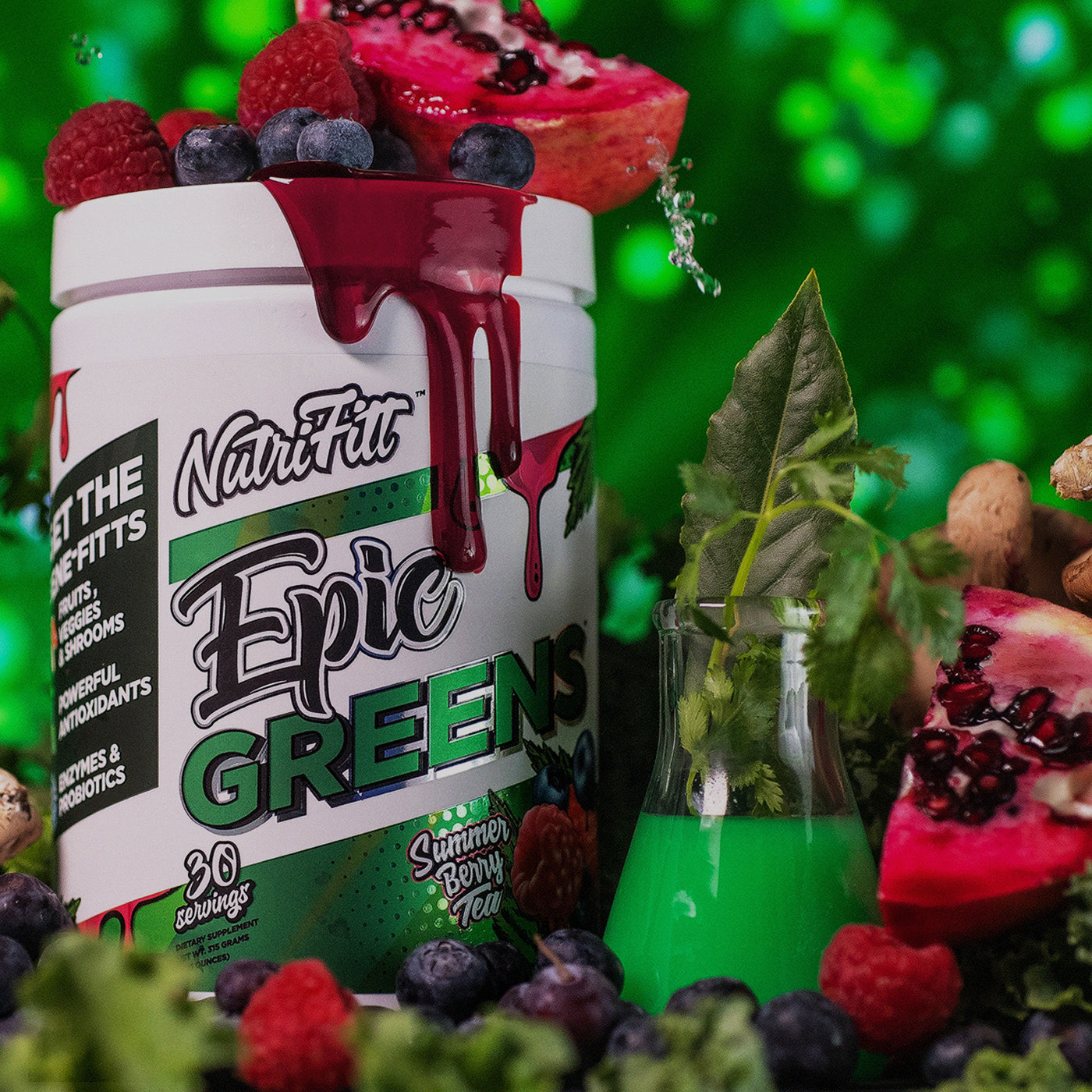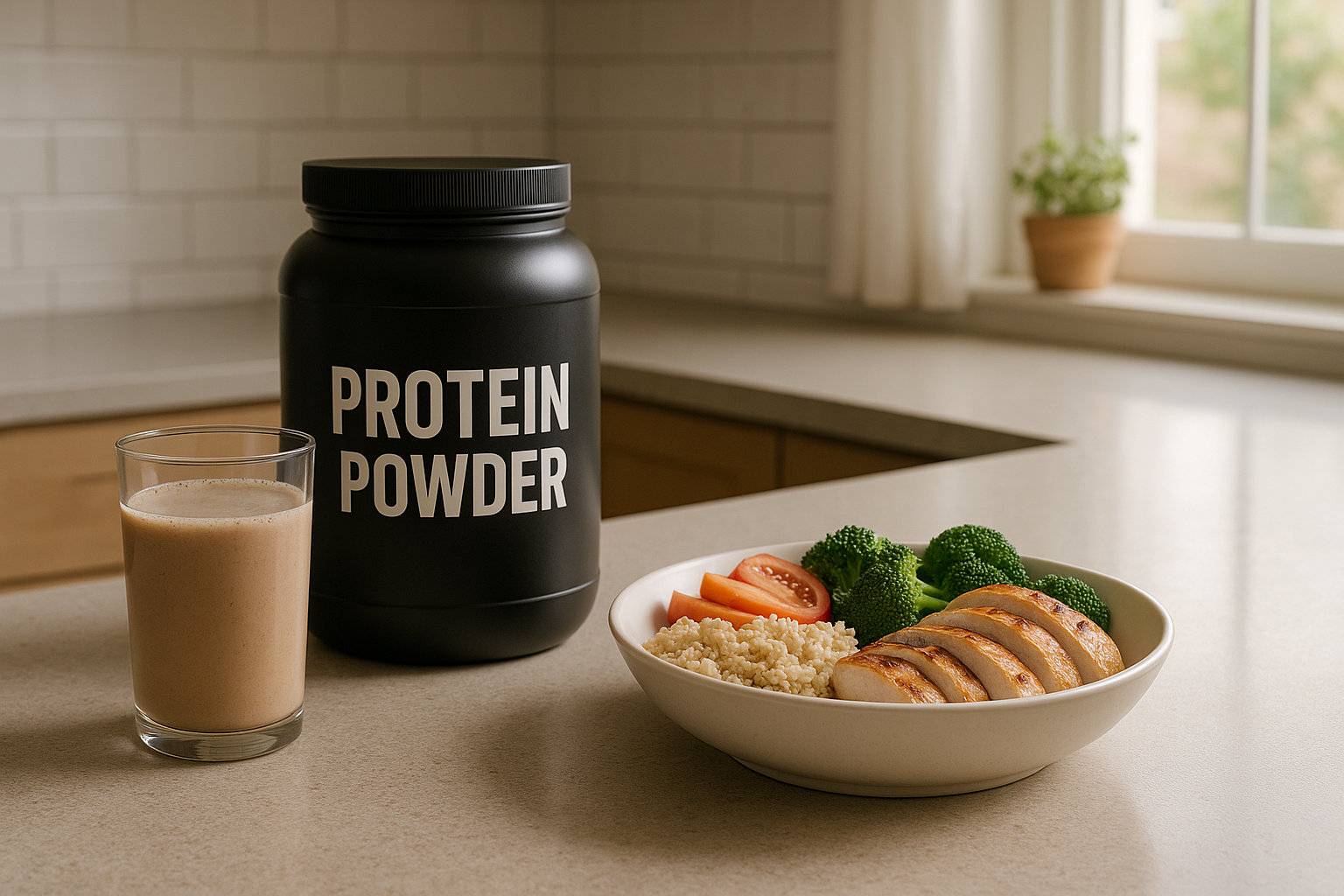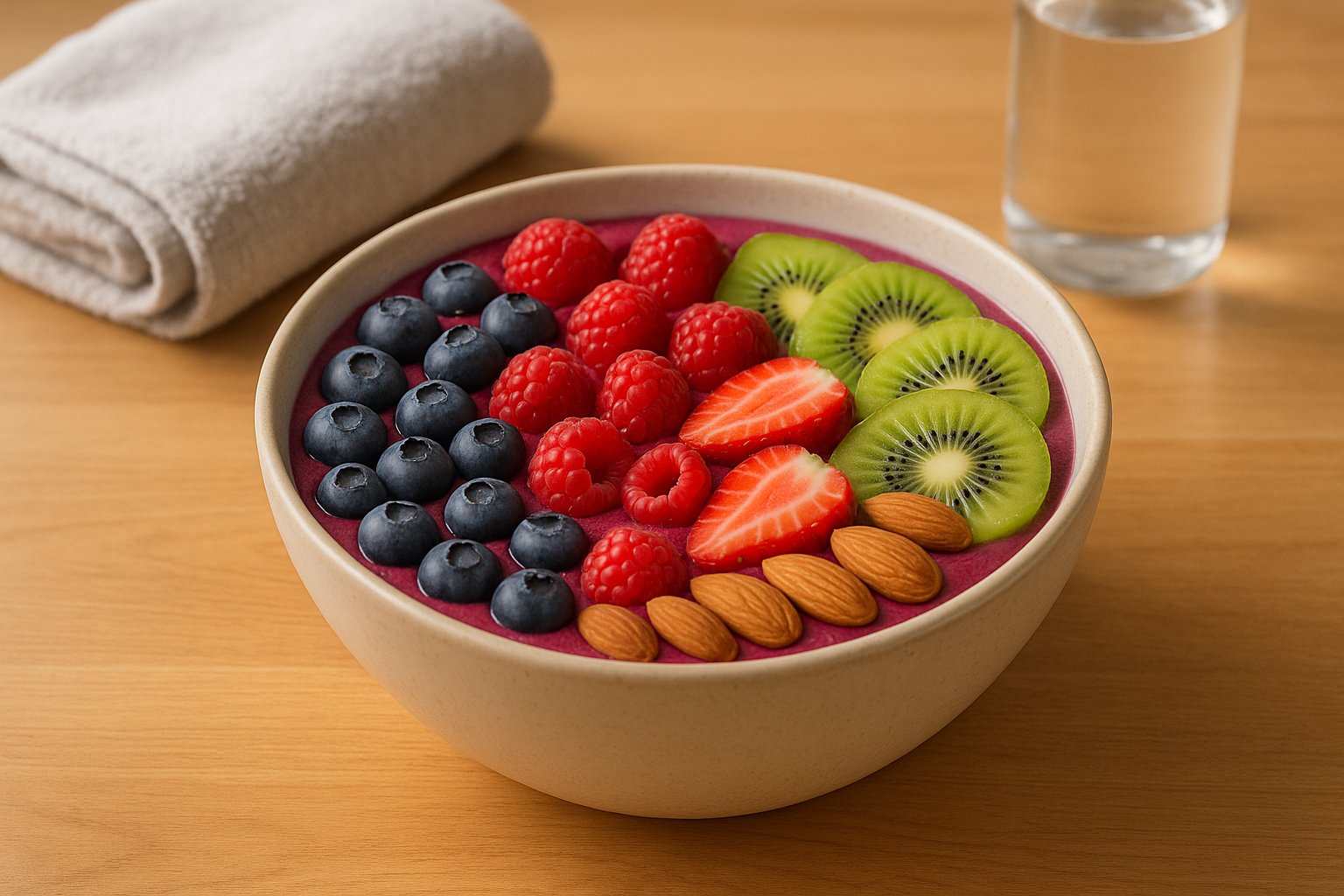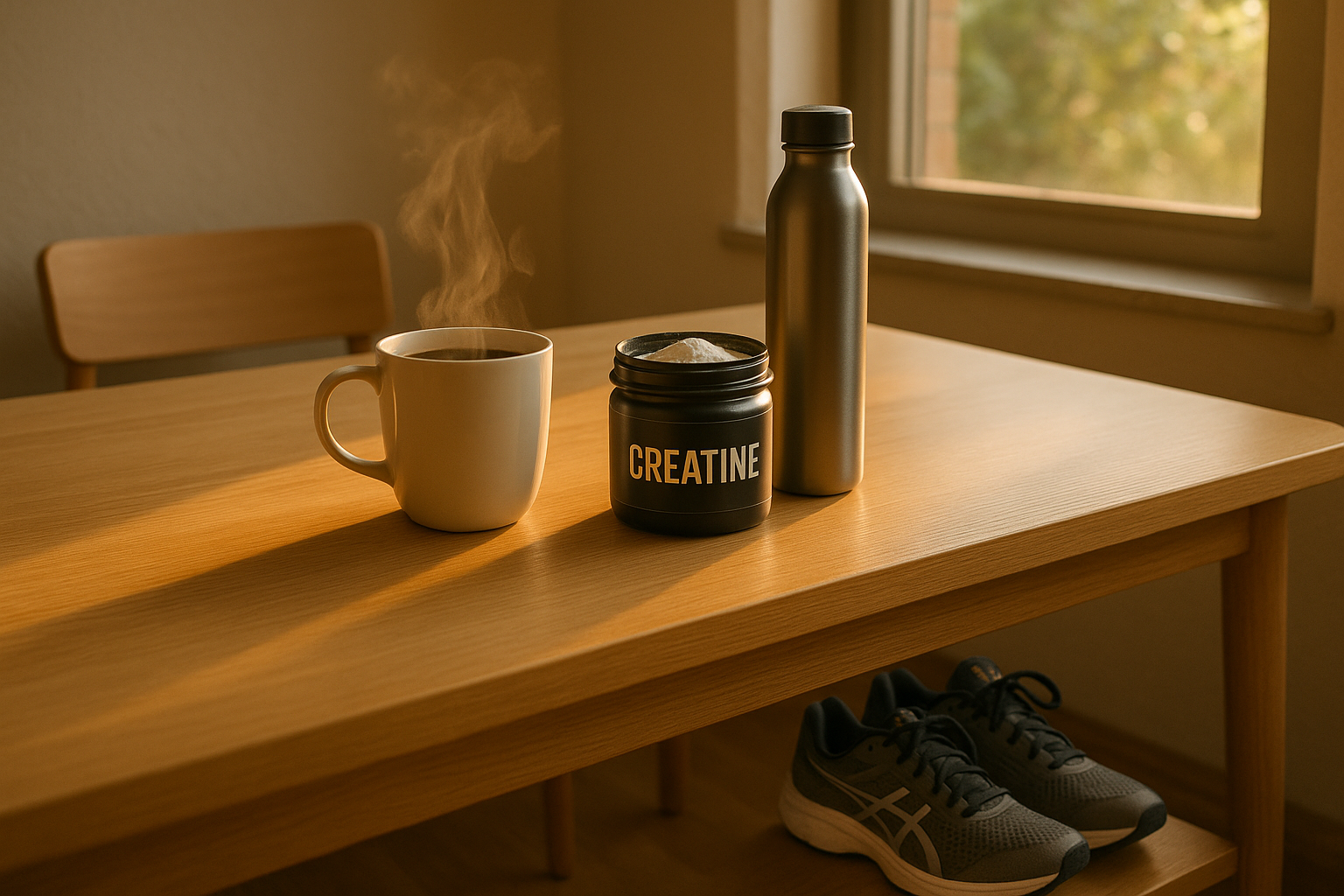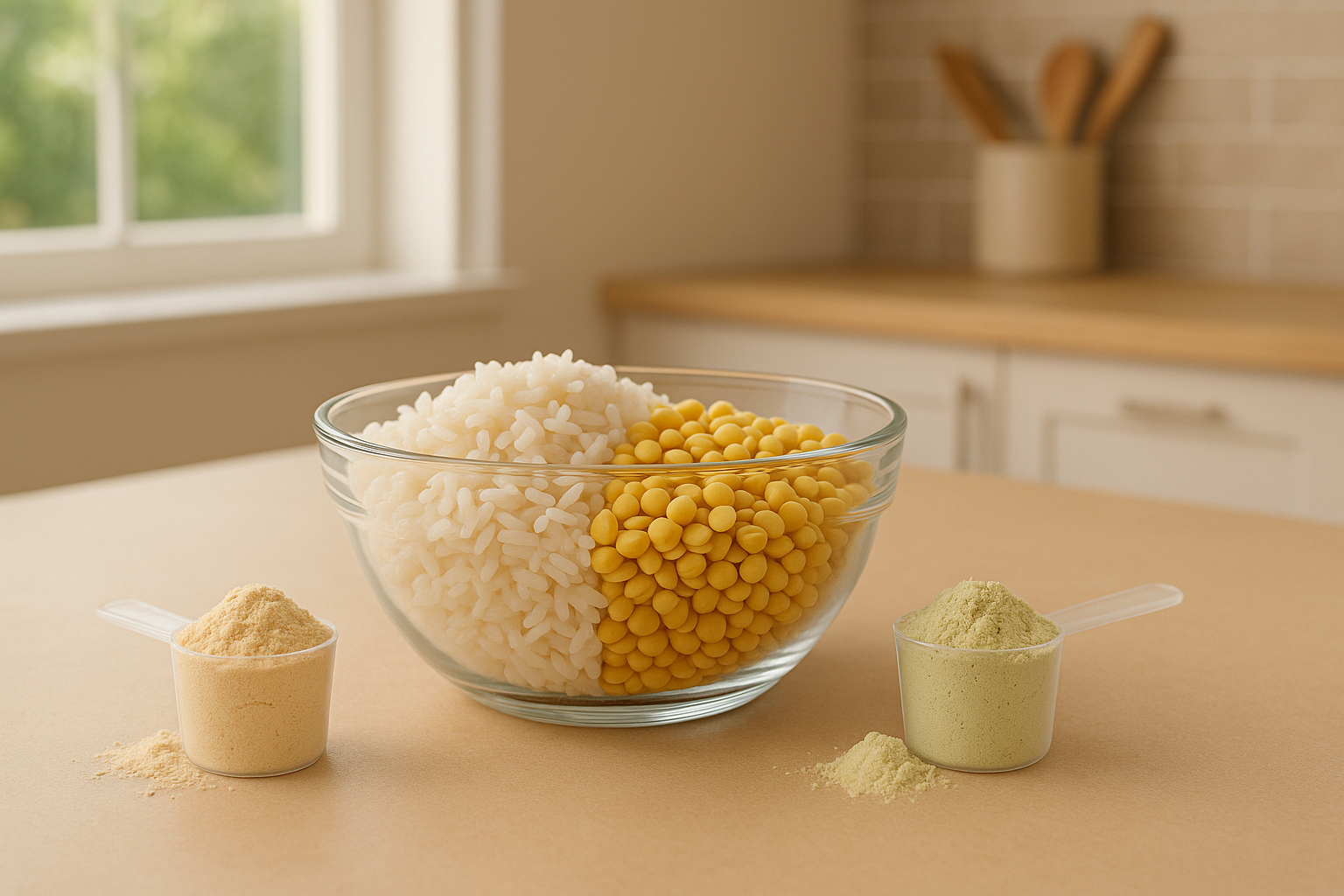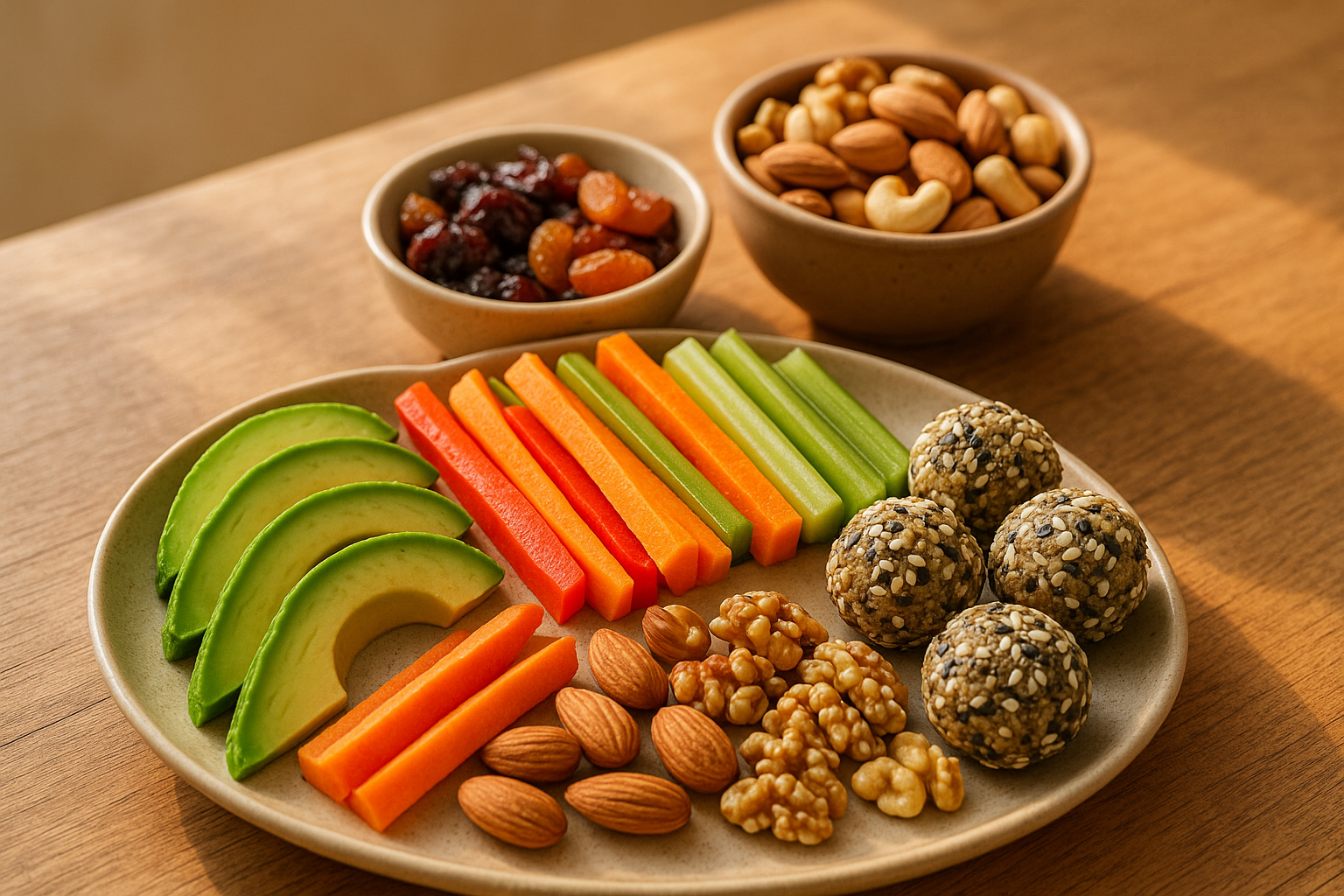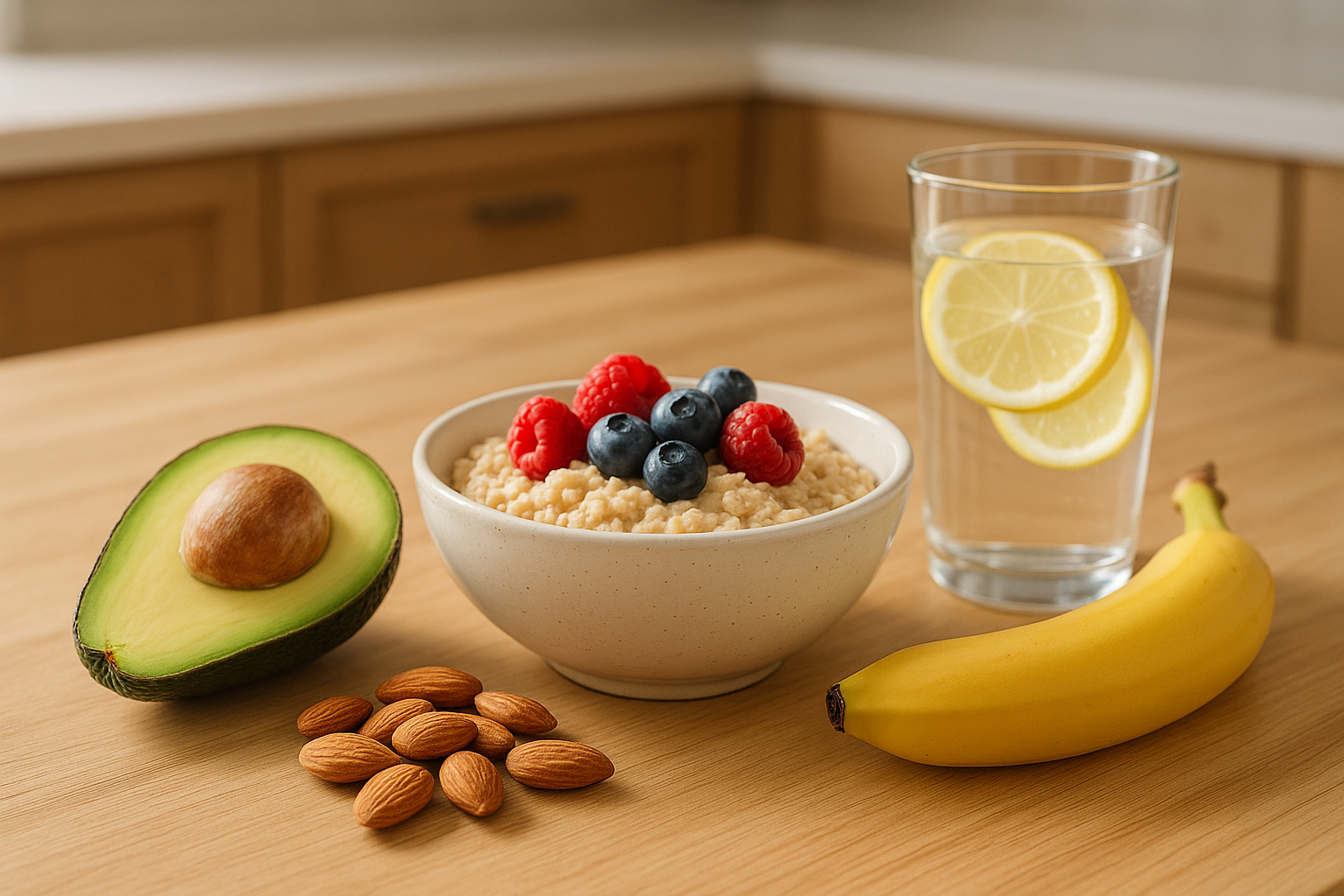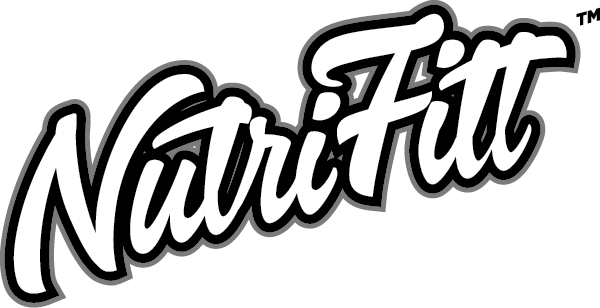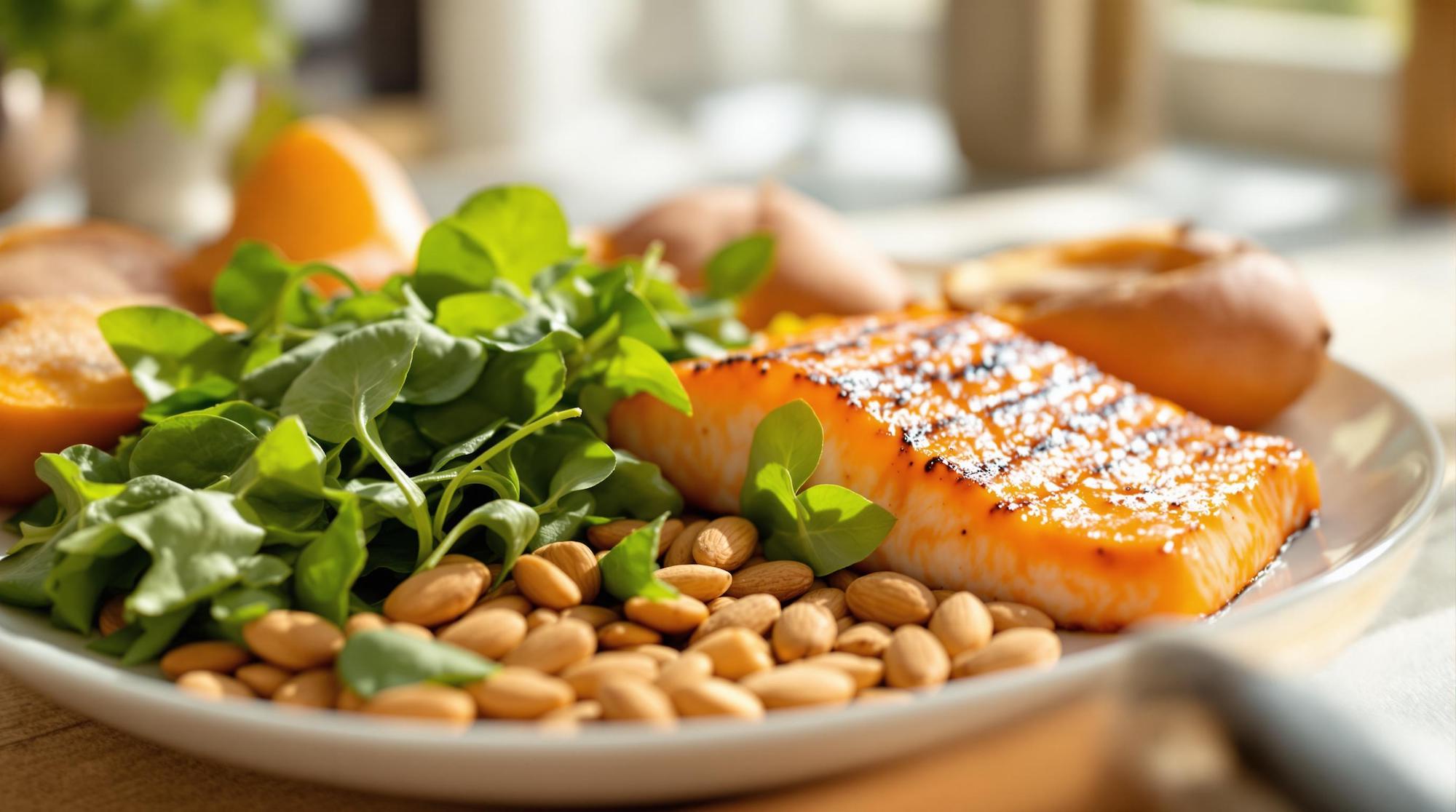
How Diet Impacts Testosterone Levels
Want to boost testosterone naturally? Your diet plays a huge role. Here's what you need to know:
- Key Nutrients: Focus on foods rich in zinc (oysters, beef), vitamin D (fatty fish, egg yolks), and healthy fats (avocados, olive oil) to support hormone production.
- Macronutrient Balance: Aim for 30-35% fats, 25-30% protein, and 35-45% carbs. Low-carb or high-protein diets may lower testosterone.
- Inflammation Matters: Include anti-inflammatory foods like berries, leafy greens, and fatty fish. Avoid processed foods and excess alcohol.
- Diet Types: The Mediterranean diet is best for testosterone, while ketogenic and plant-based diets can work if planned properly.
- Meal Timing: Eating within an 8-10 hour window and pairing carbs with protein post-workout can help.
Quick Takeaway:
Testosterone-friendly foods include eggs, salmon, spinach, pumpkin seeds, and olive oil. Combine a balanced diet with exercise, hydration, and quality sleep for the best results.
Foods That Change Testosterone Levels
Carbs, Fats, and Proteins: Getting the Mix Right
The right balance of macronutrients can play a big role in supporting testosterone production. Here's a general guideline: 30-35% healthy fats, 25-30% protein, and 35-45% carbohydrates.
| Macronutrient | Optimal Range | Impact on Testosterone |
|---|---|---|
| Healthy Fats | 30-35% | Needed for hormone production |
| Protein | 25-30% | Helps maintain muscle |
| Carbohydrates | 35-45% | Keeps energy levels steady |
Studies show that diets with about 60% carbohydrates help maintain higher testosterone levels compared to low-carb diets. On the flip side, consuming too much protein (over 2.2g per kg of body weight) can actually lower testosterone levels.
While macronutrients are important, specific vitamins and minerals also play a big role in boosting testosterone.
Key Vitamins and Minerals for Testosterone
-
Zinc
- Boosts testosterone by 74% in men with deficiencies.
- Found in oysters, beef, and pumpkin seeds.
-
Vitamin D
- Supplementation increases testosterone by 25% in men who are deficient
- Found in wild-caught salmon, mackerel, egg yolks, and fortified dairy products
-
Magnesium
- Found in dark leafy greens, almonds, cashews, and whole grains.
In addition to these nutrients, managing inflammation is another way to support testosterone levels.
Foods That Fight Inflammation
Chronic inflammation can disrupt hormone balance, so including anti-inflammatory foods in your diet can help keep testosterone levels in check.
| Food Category | Examples | Benefits |
|---|---|---|
| Fatty Fish | Salmon, mackerel | Packed with omega-3s |
| Berries | Blueberries, strawberries | Full of antioxidants |
| Leafy Greens | Spinach, kale | Rich in magnesium |
| Healthy Oils | Extra virgin olive oil | Reduces inflammation |
| Spices | Turmeric, ginger | Natural anti-inflammatory agents |
Interestingly, pomegranate juice has been shown to boost salivary testosterone levels by 24% in both men and women. Cruciferous vegetables, like broccoli and cauliflower, can also help by balancing estrogen levels, which indirectly supports testosterone.
On the other hand, processed foods and too much alcohol can hurt your testosterone levels. Even moderate alcohol intake (30–40 grams daily) has been linked to a 6.8% drop in testosterone .
Related video from YouTube
How to Eat for Better Testosterone
Fine-tuning your diet - both in terms of what you eat and when you eat - can help support testosterone production.
Keto vs Mediterranean vs Plant-Based Diets
The type of diet you follow can impact your testosterone levels. For example, the Mediterranean diet has been shown to boost total testosterone by 4.3% after just 12 weeks. This diet focuses on olive oil, fatty fish, nuts, and plenty of vegetables.
Ketogenic diets might provide a short-term testosterone boost, but their long-term effects remain uncertain. If you prefer a plant-based diet, rest assured: well-balanced vegetarian or vegan diets do not significantly lower testosterone when planned carefully.
| Diet Type | Benefits | Considerations |
|---|---|---|
| Mediterranean | Supports hormone health and lowers inflammation | Backed by strong research |
| Ketogenic | May offer short-term testosterone increases | Long-term impact unclear |
| Plant-Based | Promotes overall health | Requires careful nutrient planning |
When to Eat for Hormone Balance
The timing of your meals can also make a difference. Time-restricted eating - where all meals are consumed within an 8–10 hour window - has been linked to improved testosterone and energy levels.
Here’s an example schedule:
- First meal: 8 AM
- Last meal: 6 PM
- Meals: 3–4 balanced meals during this window
Additionally, eating a meal that combines protein and carbohydrates after exercise can help maintain optimal testosterone levels.
1-Day Testosterone-Supporting Meal Plan
Here’s how you can put these ideas into practice with a sample meal plan:
Breakfast (8 AM)
- 3 whole eggs with sautéed spinach
- Steel-cut oatmeal topped with mixed berries
- Half an avocado
- Green tea
Lunch (12 PM)
- 6 oz grilled wild-caught salmon
- 1 cup quinoa
- Roasted Mediterranean vegetables
- Mixed greens with olive oil dressing
Afternoon Snack (3 PM)
- Greek yogurt
- 2 tablespoons pumpkin seeds
- 1 piece of seasonal fruit
Dinner (6 PM)
- 5 oz grass-fed beef stir-fry
- Brown rice
- Steamed broccoli and bell peppers
- Side salad with olive oil and lemon
Other Factors That Affect Testosterone
Weight Training and Testosterone
Lifting heavy weights can give testosterone levels a noticeable boost. After intense resistance training, testosterone can increase by up to 40%. To get the most out of your workouts, focus on compound lifts like squats, deadlifts, and bench presses. Here's a quick guide:
| Exercise Type | Sets & Reps | Rest Period | Intensity Level |
|---|---|---|---|
| Compound Lifts (squats, deadlifts, bench press) | 3-4 sets of 6-10 reps | 2-3 minutes | 70-85% of max |
To maximize results, have a post-workout meal within 30 minutes. Aim for 20-30 grams of protein and 40-60 grams of carbohydrates. Staying hydrated and considering supplementation can further enhance testosterone support.
Water and Mineral Balance
Staying hydrated is essential for testosterone production. Even mild dehydration (1-2%) can lower testosterone levels by 10%. Men should aim for about 3.7 liters (125 ounces) of water daily, while women should aim for 2.7 liters (91 ounces).
Certain minerals also play an important role in testosterone production. Focus on these daily targets:
- Zinc: 30 mg (found in oysters, beef, and pumpkin seeds)
- Magnesium: 400 mg (found in leafy greens and nuts)
- Selenium: 200 mcg (found in Brazil nuts and fish)
These nutrients create a solid foundation for testosterone support and can be complemented by targeted supplements.
Supplements for Testosterone Support
Adding research-backed supplements to your routine can make a difference. For example, ashwagandha has been shown to increase testosterone by about 15% in studies.
NutriFitt's Phage Test Booster includes scientifically-dosed ingredients, such as ashwagandha, to support testosterone levels. Here's a breakdown of commonly used supplements:
| Supplement | Daily Dosage | Benefits |
|---|---|---|
| Vitamin D | 2000-4000 IU | Can increase testosterone by about 25% if deficient |
| Ashwagandha | 300-600 mg | May boost testosterone levels by about 15% |
| Zinc | 30 mg | Supports testosterone production |
| Magnesium | 400 mg | Helps improve free testosterone levels |

For best results, combine supplements with a balanced diet, regular exercise, and quality sleep. Always consult a healthcare provider before starting any new supplements.
Conclusion: Main Points for Better Testosterone
Let’s recap the key dietary strategies to help boost testosterone levels effectively.
Key Diet Tips to Keep in Mind
Your diet plays a major role in testosterone production. Focus on balancing fats, proteins, and carbohydrates to support hormone levels effectively.
Here’s a quick list of testosterone-supporting foods to include:
- Fatty Fish: Salmon, mackerel, sardines
- Protein Sources: Grass-fed beef, eggs
- Mineral-Rich Options: Oysters, Brazil nuts
- Healthy Fats: Extra virgin olive oil, avocados
- Vegetables: Spinach, broccoli
Steps to Start Making Changes
For overweight men, adopting a balanced diet can lead to a 50–100 ng/dL increase in testosterone within 3–6 months.
-
Evaluate Your Current Diet: Track what you eat, and reduce processed foods and added sugars. Use the earlier nutrient insights to pinpoint areas for improvement.
-
Plan Meals Strategically: Aim for 2–3 larger, balanced meals each day instead of frequent smaller ones. After workouts, eat a meal with protein and carbohydrates within 30 minutes to aid recovery and hormone production.
-
Fill Nutritional Gaps: If your diet doesn’t meet all your needs, supplementation might help. Key nutrients like vitamin D, zinc, and magnesium are essential for testosterone. Brands like NutriFitt (https://nutrifitt.com) offer supplements, but consult a healthcare professional before adding them to your routine.
FAQs
Here’s a closer look at common questions about foods and nutrients that can influence testosterone levels.
What food raises testosterone the most?
Pomegranates are known to boost testosterone levels by as much as 24%. Other foods that can help include:
- Oysters: Packed with zinc, which is crucial for testosterone production
- Fatty fish: Loaded with vitamin D and omega-3 fatty acids
- Eggs: A great source of cholesterol and vitamin D
- Leafy greens: High in magnesium, which supports hormone health
Incorporating these into your diet can play a role in supporting hormone production.
What food increases testosterone the most?
Instead of focusing on a single food, combining nutrients strategically can have a stronger impact on testosterone levels. Research shows that pairing zinc-rich foods with healthy fats, for instance, improves nutrient absorption and supports hormone production.
The idea is to create meals that bring together multiple testosterone-supporting nutrients, rather than relying on one specific food. This aligns with the earlier discussion on meal planning, where balanced combinations lead to better results.
What diet is best to raise testosterone levels?
The Mediterranean diet stands out as a top choice for improving testosterone levels. A 2019 study published in the Journal of Clinical Endocrinology & Metabolism found that men following this diet saw a 15.4% increase in total testosterone compared to those on a Western diet. Key elements of this diet include:
- A good balance of macronutrients
- Foods that reduce inflammation, such as berries, fatty fish, turmeric, and green tea
- Regular meal timing in sync with natural hormone cycles
This dietary approach combines nutrient-rich foods with a focus on overall health, making it a powerful strategy for hormone optimization.

